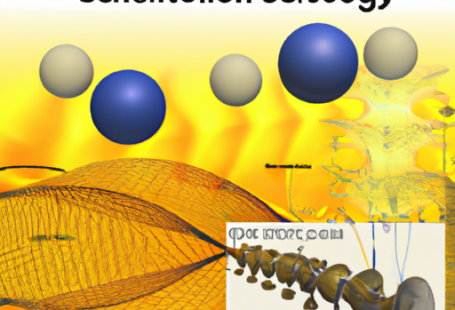Defining Nanotechnology
Nanotechnology is a relatively new field of science, engineering, and technology. It involves manipulating matter on an atomic or molecular scale for use in various applications. Nanotechnology is used in a wide range of products and processes, from medical treatments to manufacturing.
At the core of nanotechnology is the ability to control matter at the nanoscale. This is done by manipulating individual atoms and molecules in order to create materials with unique properties. Nanomaterials, such as carbon nanotubes, have properties that make them useful in a variety of applications.
Potential Benefits of Nanotechnology
Nanotechnology has the potential to revolutionize many industries and offer great benefits to business and consumers. It could help create more efficient and cost-effective products and processes, reduce pollution, and improve health care. In addition, nanotechnology could help reduce the reliance on finite resources, such as oil and gas, by creating more sustainable materials.
Potential Challenges for Nanotechnologists
Despite the potential benefits of nanotechnology, there are also a number of challenges that face nanotechnologists. These challenges include:
- Safety: Nanomaterials can be toxic and pose a risk to human health and the environment. Nanotechnologists must ensure that any materials they create are safe for use.
- Regulation: Nanomaterials are not currently regulated, so there is a need for new regulations and standards for their use.
- Cost: Developing nanomaterials and processes can be expensive, and there is a need for more efficient and cost-effective methods of production.
- Research: Nanotechnology is a rapidly evolving field and there is a need for more research in order to understand the potential risks and benefits of nanomaterials.
Future of Nanotechnology
Despite the challenges, there is still a great deal of potential for nanotechnology. As research and development continues, nanotechnologists will be able to create new materials and processes that have the potential to revolutionize many industries. In the future, nanotechnology could have a major impact on the way we live our lives, from the products we use to the way we produce and consume energy.
The future of nanotechnology is still uncertain, but it is clear that nanotechnologists will continue to face a number of challenges. By understanding and addressing these challenges, nanotechnologists can ensure that the potential benefits of nanotechnology are realized.






